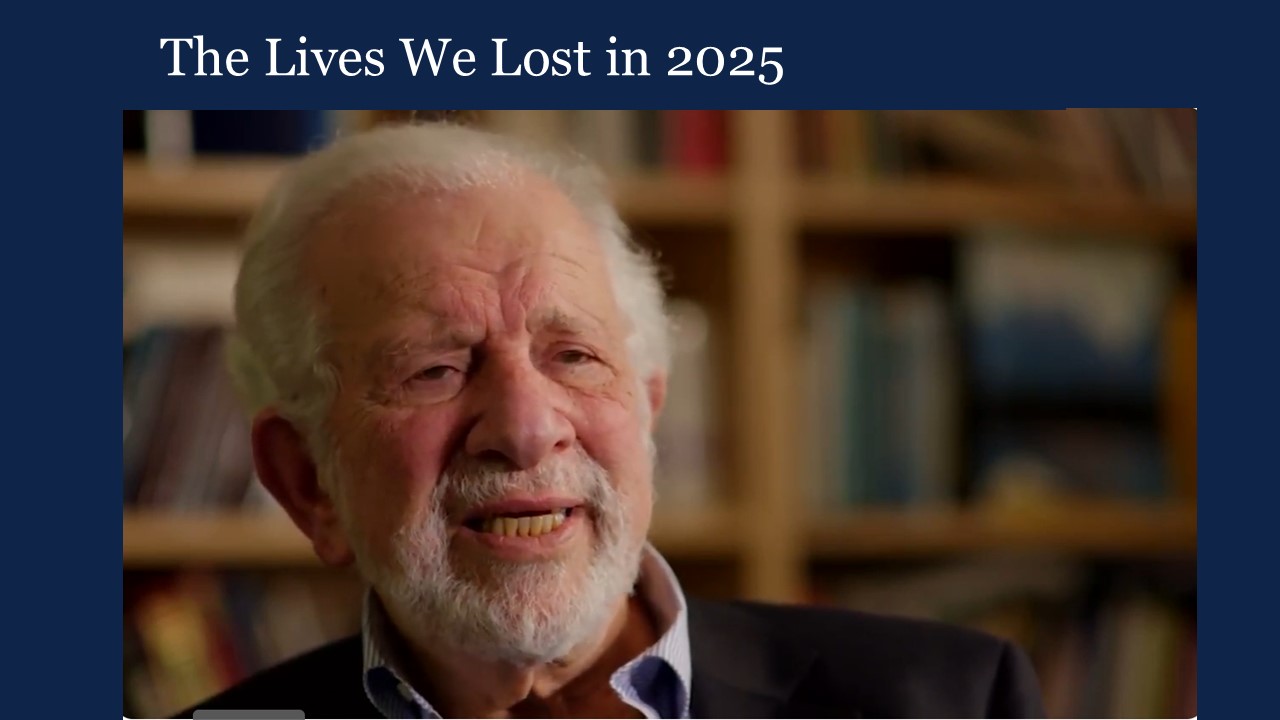In anticipation of possible changes to U.S. Tax Code, FJC CEO Sam Marks interviewed FJC Board Member, Neal Myerberg, Principal at Myerberg Philanthropic Advisors, who consults with charitable organizations, foundations and philanthropists. A transcript of the conversation, edited for length and clarity, is below.
Please note that FJC does not offer tax advice; any prospective donor should seek the advice of a qualified estate and/or tax professional to determine the consequence of his/her gift.
Sam Marks: We know that changes the U.S. tax code may be coming, but we still don’t know which policy proposals will become law. Should FJC donors be planning for a future that’s still uncertain?
Neal Myerberg: Yes. While we still don’t know many of the details, the general shape of the coming tax reform is coming into focus. There is a lot that FJC donors can do in 2021, particularly as it relates to charitable giving, that could position them well for 2022 and future years.
“While we still don’t know many of the details, the general shape of tax reform is coming into focus. There is a lot that FJC donors can do in 2021, particularly as it relates to charitable giving, that could position them well for 2022 and future years.”
FJC Board Member Neal Myberberg
Sam Marks: So, what do we know and what don’t we know?
Neal Myerberg: As of October 2021 there are still some key differences between the Biden Administration tax proposals and what’s under discussion in the U.S. House of Representatives. We can expect a lot of horse trading and negotiations in the coming months. The U.S. Senate will also play a role in tax legislation.
So the exact details are still to be determined, but there are a few areas where it appears that consensus is emerging in terms of what may become law next year.
The first relates to income tax rates. Proposed changes include raising the top individual federal income tax rate to 39.6% from its current level of 37% and extending the 12.4% portion of the Social Security tax — which is shared by employers and employees — to earnings over $400,000. Currently, wages up to $137,700 are subject to the tax. Biden has also called for the federal capital gains rate to rise to 39.6% for taxpayers with income over $1 million. Currently, wealthy investors face long-term capital gains rates of up to 20%. The House is proposing different rates and mechanisms, but their proposals also anticipate increased tax rates.
So there seems to be consensus from DC policymakers that income and capital gains rates are likely to go up.
The second major change we can anticipate is to the estate tax. The Biden Administration would eliminate the step-up in basis, which allows heirs to receive assets valued as of the date of death as basis for subsequent sales. Instead, any capital gains from the sale of inherited assets would be subject to tax using the decedent’s basis which if it were to be implemented would require wealthy households to make significant changes to their estate planning. The Administration also proposes to reduce the amount that an individual can transfer free of estate and gift taxes from $11.7 million (in 2021) to $3.5 million for transfers at death and $1 million in lifetime gifts. The tax rate above the exempt amount may be 40% or higher. Again, the House plan differs considerably (and does not advocate eliminating the step-up in basis), but it also proposes reducing the exemption level from $11.7 million to $6 million, among other changes.
The specifics are still uncertain, but it seems clear that more families will be subject to the federal estate tax, and probably at higher rates.
Sam Marks: So given that these changes are coming, what planning ideas should families be exploring with their advisors?
Neal Myerberg: I have four general planning suggestions.
One, harvest long-term capital gains before the end of 2021. If you have appreciated assets, whether it’s publicly-traded stock or something else, you may want to take steps to realize those gains before the end of the year. Donating them to charity may also make sense for some families. Donations may be outright or to establish various life income vehicles.
Second, accelerate receipt of income before the end of 2021. If you have a bonus or deferred compensation that you can take in 2021 instead of next year, that may be advisable.
Third, apply some of all of the current unified gift and estate tax credit ($11.7 million) before the end of 2021 to particularly remove appreciating assets from your estate. There are a variety of ways to accomplish this including the use of a charitable lead trust to pass assets generationally at low gift or estate tax costs.
Finally, and this may be relevant to donors at FJC, consider using a Charitable Remainder Trust (CRT) for succession planning. This is particularly relevant when planning for after-life transfers of IRA assets which are now subject to the 10-year withdrawal rule for most beneficiaries. The remainder interest in the CRT can be designated for the family’s donor advised fund at FJC.




